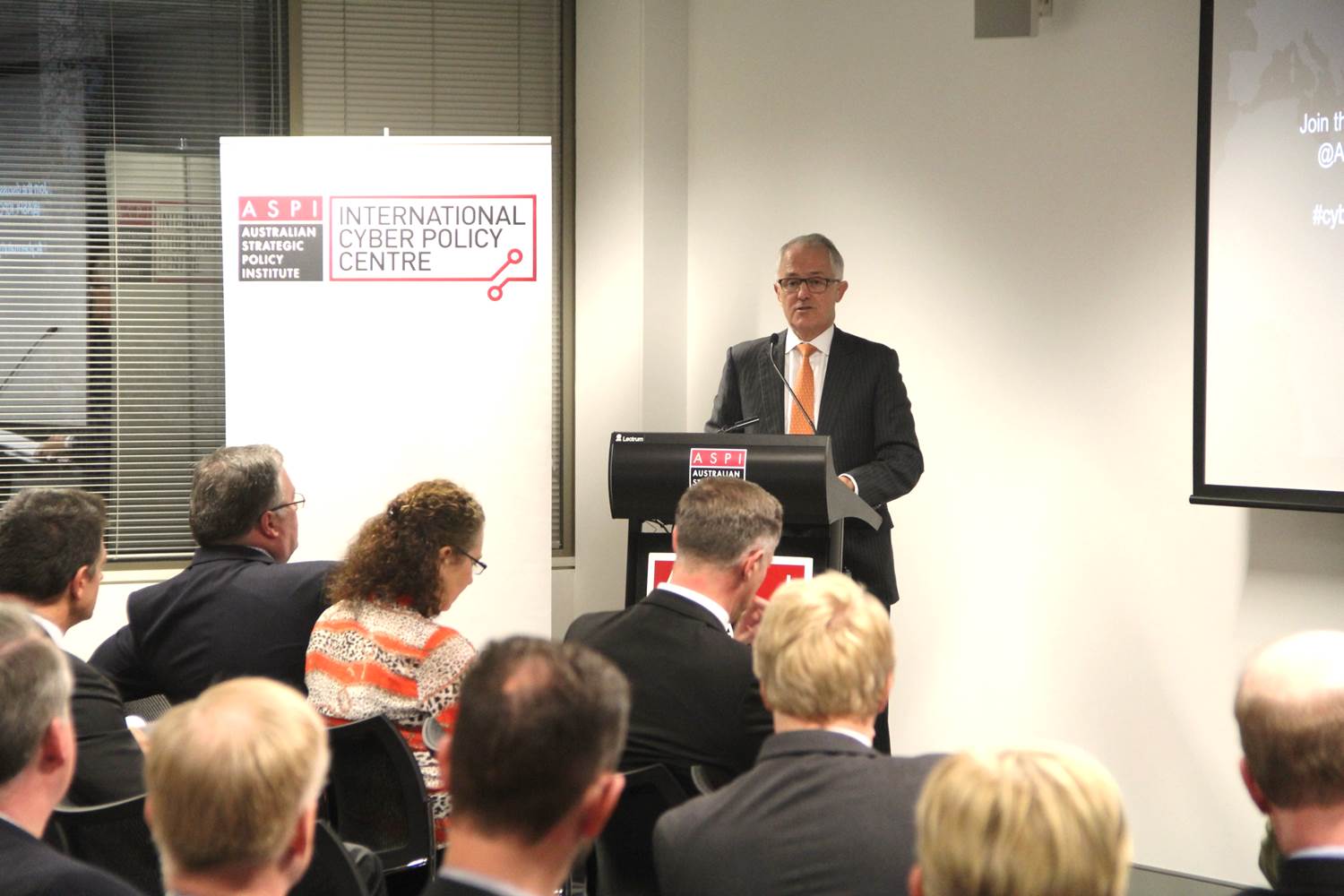Governing the Net: From Bondi to Copacabana
With the NETmundial multi-stakeholder governance meeting on the horizon, Australia needs to take stock of its position and choose which weightclass to contest in the international Internet governance arena. As we showed last week, the clash of the heavyweights will likely remain deadlocked, and it’ll be the creative middle powers, along with the business, technical, academic, civil society and nongovernmental communities, that’ll determine the nuances of Internet governance.
Australia’s in a prime position to take on a leadership role in defining the future of Internet governance. With its history of leadership on issues such as chemical weapons and nuclear testing and its chairing of the UN Group of Government Experts on cyber security, Australia has a solid foundation upon which to bring together a community of like-minded states. While the Snowden revelations have surely shaken perceptions, it’s important Australia—a member of the UN Security Council and chair of the G20—live up to the expectations held of it.
The first step in establishing Australia’s place in the discussion is to develop a consistent strategy for international governance. At the 2013 Seoul Conference on Cyberspace, Foreign Minister Julie Bishop presented Australia’s position clearly. She advocated multi-stakeholderism, emphasised individual privacy and freedom of expression, backed the Budapest Convention on Cybercrime, and endorsed international efforts such as ASEAN Regional Forum as key to building confidence and preventing conflict. That was a great step towards a clear Australian position on cyber issues.
Minister for Communications Malcom Turnbull has further reinforced that perspective, presenting a well-crafted narrative at the Australian National University, following the US IANA decision, and at the launch of ASPI ICPC’s Cybermaturity in the Asia-Pacific Region 2014 report this week. He made clear that Australia didn’t want to see a group of governments replacing the historical US oversight role. Australia has flown the flag for multi-stakeholderism as the best way to support a free, stable and resilient Internet. Now it’s time to move the discussion forward with concrete policies and inclusive, progressive actions.
A formal Australian international cyber strategy, similar to those issued by the United States or Japan, would demonstrate Australian commitment and help to coordinate whole-of-government work. CERT-to-CERT dialogue can take place even in cases where official foreign ministry relations are weak or non-existent. Communications and Defence bring different tones and tools to the table, each of which can appeal to partner states. The key is to build a solid framework for all those departments to deploy their expertise under the guidance of a common, clear mission.
Integrating cyber into bilateral relations would allow Australia to shape thinking on pressing developments in the cyber common. During his recent trip to Japan and South Korea, Prime Minister Abbott agreed to strengthen regional and international cooperation as well as further develop cyber rules and norms. Those focus areas lay the groundwork for cyber cooperation, leaving the door open on a wide range of cyber issues where Australia might guide the conversation. Such cyber efforts should be extended to India, Malaysia and others, as well as through ASEAN and other regional fora.
As a leader in the Asia-Pacific, Australia must help build regional capacity and confidence. Its efforts in conjunction with Malaysia earlier this month show how regional engagement, matched with practical confidence building, can help strengthen cyber cooperation. Backing those measures with solid capacity-building on the technical level can help increase connectivity, boost regional digital economies, and increase civil engagement. On the policy side, engagement and sharing of best practices can help states harness the cyber domain as a positive tool for growth rather than viewing it as a threat. It’s that view of cyber as a threat that pushes governments to impose strict government regulation and control that splinters the Internet. By opening dialogue and building partnerships with other states to build policy capacity in this regard, Australia can help enshrine norms that promote openness while giving national governments the confidence that well-crafted policy can replace overbearing control in managing this new domain.
Australia alone can’t tip the balance of debate in favour of bottom-up, open Internet governance. But as a regional node in a global network of likeminded states, it’s a respected regional actor with the capacity to engage fence-sitters. Australia must step forward with a consistent and concise position on Internet governance, one that soothes demands for internationalisation without compromising the tenets of multi-stakeholder governance. The US has reinvigorated ICANN as the forum for discussion and done much to quell the rising tide of statist opposition. It’s time that states like Australia, Japan, Canada and the European Union, work to build a community of likeminded states, develop a common roadmap forward and present a clear and concise position at this month’s NETmundial and other upcoming forums.
Klée Aiken is an analyst and David Lang is an intern in ASPI’s International Cyber Policy Centre. Image credit: Luke Wilson, ASPI.
